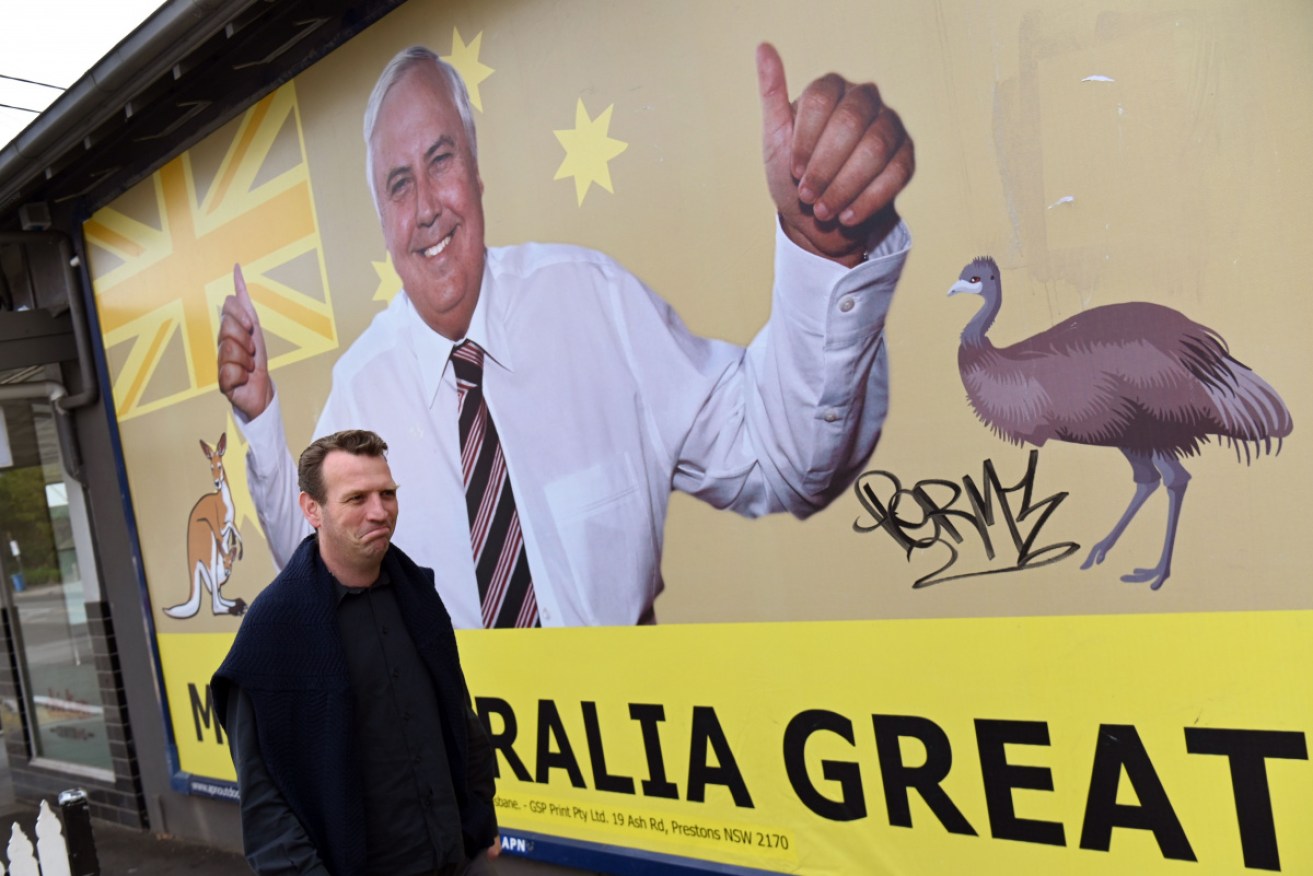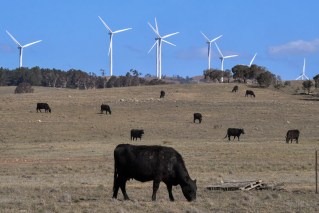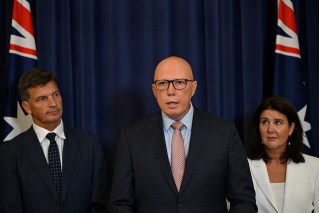Flushed with excess: All that campaign spending probably didn’t buy a single vote

Better to splash or flush the cash? The effectiveness of federal election campaigns. Photo: Getty
As the shock and awe of the recent federal election result continues to spark adulation and condemnation, it is worth looking at the impact of some campaigns from a different perspective.
What if they simply did nothing – would they have been better off?
Was the time and money invested on their campaigns by GetUp!, unions and Clive Palmer a good return on investment?

Former Greens leader Bob Brown led the ‘Stop Adani Convoy’. Photo: Getty
Let’s add in the cost of Bob Brown’s anti-Adani convoy to Queensland and make a simple comparison.
Instead of spending money on those campaigns, imagine they hired someone to flush the same amount of money, a $100 bill at a time, down a toilet.
Assuming a half-flush for Bob, it would take around 208 days of constant flushing. Would they, in electoral terms, be better or worse off?

Clive Palmer spent a record $60 million for his election campaign. Photo: Getty
There is something worse than flushing money down a toilet – it is running a political campaign that actually harms your chances of success. In the academic world they call it ‘reactance’ or ‘backfire effect’.
You actually harm the people you want to help.
With friends like these …
Does anyone today think Bob Brown’s anti-Adani convoy to Queensland won votes for the Greens? Or did it set them back?
Is Bill Shorten pondering if he and the ALP would have been better off if the unions and GetUp! simply flushed their money away?

The’Stop Adani Convoy’ was not welcome in Clermont, Queensland. Photo: Getty
There are political science studies addressing these questions and they don’t provide a happy answer.
Politically Motivated Reasoning is the study of reactions to new information or evidence that seeks to disconfirm your political point of view.
The critical point is that the more evidence you throw at people who do not agree with you, the more entrenched they become in their original point of view.

Get Up’s door-knocking efforts to oust Peter Dutton proved unsuccessful. Photo: Getty
The psychological process is that people will reason to the point of protecting their connection to their group or community – over the evidence provided.
The more you argue, the more entrenched the view.
For some years now the key scholar in this area, Dan Kahan, has used climate change as his best example of how arguments simply exacerbate polarisation of the issue.

GetUp! featured Tony Abbott in his togs on one of their climate policy billboards. Photo: AAP
Bob and Bill – welcome to Queensland!
There is no persuasion – you go backwards. Or, more simply put, lose votes.
But it gets worse …
We are all familiar with the boasts from union and GetUp! over thousands of volunteers contacting tens of thousands of voters and door-knocking thousands of homes in the recent election. Does this work?

Get Up! volunteers campaign in the seat of Dickson in the outskirts of Brisbane. Photo: Getty
The single largest study of political engagement campaigns was published 18 months ago.
The study focused on voter outreach campaigns. The same type of campaigns undertaken by unions and GetUp! in the federal election.
It measures the impact of advocacy phone calls, door knocking and engagement with voters.

Get Up! volunteers door-knocking in the seat of Dickson. Photo: Getty
What does the study on this type of campaign tell us?
The findings of 49 experiments in real election campaigns, including work on union campaigns, is the net effect on persuading voters is zero. Yep – zero.
In some cases, there was a three-to-one greater chance of going backwards.

A Clive Palmer United Party representative hands out how to vote cards. Photo: Getty
Better to flush the cash.
Anyone can Google these studies, the information is free. They sort of make sense.
There are always nuances and differences when you apply these studies to any campaign.
However, when the broad evidence suggests flushing cash down a toilet is a more productive option, there is less awe and more shock.
- Mark Civitella is a lecturer in political communication at La Trobe University








